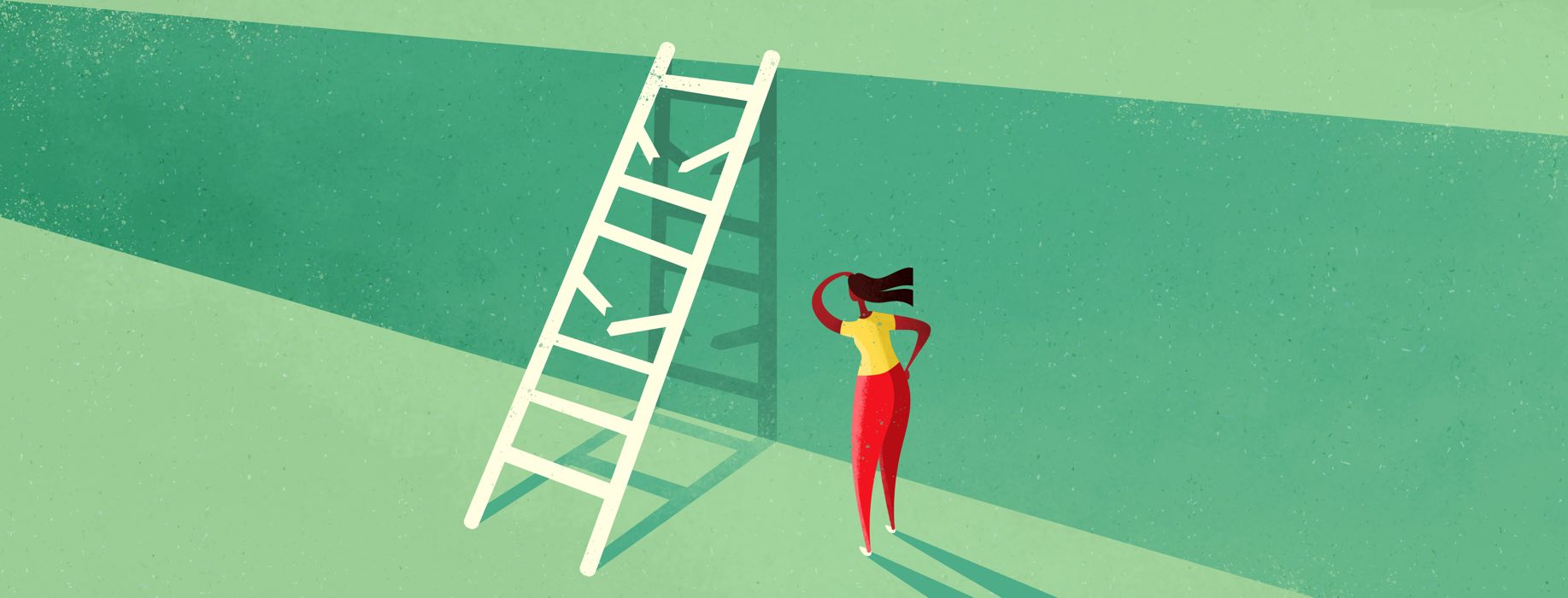Women Fare Worse with Bladder Cancer – and Now I Know Why
When I was first diagnosed with bladder cancer, I turned immediately to statistics to try to make sense of this new and terrifying disease. I wanted to know – what were my chances of survival? What could I expect? I found comfort in facts and likelihoods.
But I learned quickly that statistics were a cold comfort. According to the statistics I read on bladder cancer, I wasn't even supposed to have it in the first place.
Age, risk factors and other research
Research tells us that the vast majority of bladder cancer patients – 90 percent – are over the age of 55, while the average patient age is 73. According to statistics, your typical bladder cancer patient is a white male over the age of 73, who had lifelong exposure to hazardous chemicals or cigarette smoke. A 28-year-old non-smoking woman, I met none of that criteria, other than race.1
But what surprised me most of all looking at the statistics is that while women are four times less likely as men to get cancer, they are actually more likely to die from it. Of the 62,380 men diagnosed with bladder cancer every year, 12,520 men every year will die – roughly 20 percent. But of the 18,810 women diagnosed each year, 4,720 women will die – a whopping 25 percent. The rates of bladder cancer are increasing – which means more women are in danger of death.2
Here's why women have it worse
Cancer survival rates depend on a lot of things, like the age of onset and prompt access to medical treatment. But for women, survival rates lag for a few different reasons. For one, patients and doctors alike tend to brush off blood in urine, attributing it to a number of other ailments like bladder infection, post-menopausal bleeding, a urinary tract infection, or cystitis.2 Other symptoms such as burning or frequent urination can further confuse the diagnosis, since it's exactly what someone would experience during a bladder or urinary tract infection. By the time the cancer is actually diagnosed, some women have been managing symptoms for a year or more.
In my research, I've learned that survival rates also depend on things like toxin exposure, differences in male and female anatomy, and the fact that women have different urinary pathogens than men. Simply put – lots of factors play in to why women have a harder time surviving bladder cancer.2 But for me, this only reinforces the idea that screening for the disease needs to be a higher priority for all doctors. We can't control all the risk factors associated with bladder cancer or mortality rates, but we do know that early detection can make all the difference in the world.
Don't be dismissive about our symptoms
For me, the delay in treatment didn't have anything to do with sexism or a negligent doctor, thank God. Instead, I dragged my heels on getting tested because there were so many other things that could explain away the symptoms I was seeing. Even in the doctor's office, after urine tests and blood work, I waved my hand dismissively at the doctor who urged me to get an ultrasound “just in case.”
“It's probably just a kidney stone,” I said, reluctant to take off work and schedule an expensive test. “I've had kidney stones before and sometimes there's a tiny bit of blood in my urine. But I drink water and it goes away in a couple days, just like this.”
Thankful that my doctor was insistent
But my doctor was insistent. “This really doesn't look like kidney stones to me,” she said slowly. “I really think we should do an ultrasound to rule out something serious.”
Thank God, I listened. And thank God, my doctor didn't brush me off. When her office called my house a day after the ultrasound and reported that they found a mass on my bladder, terror mixed with relief. Whatever they found, we found it early and we could treat it quickly, I thought – and that's exactly what we did. I haven't had a relapse in about eighteen months, and I attribute that to immediate, aggressive treatment.

Join the conversation